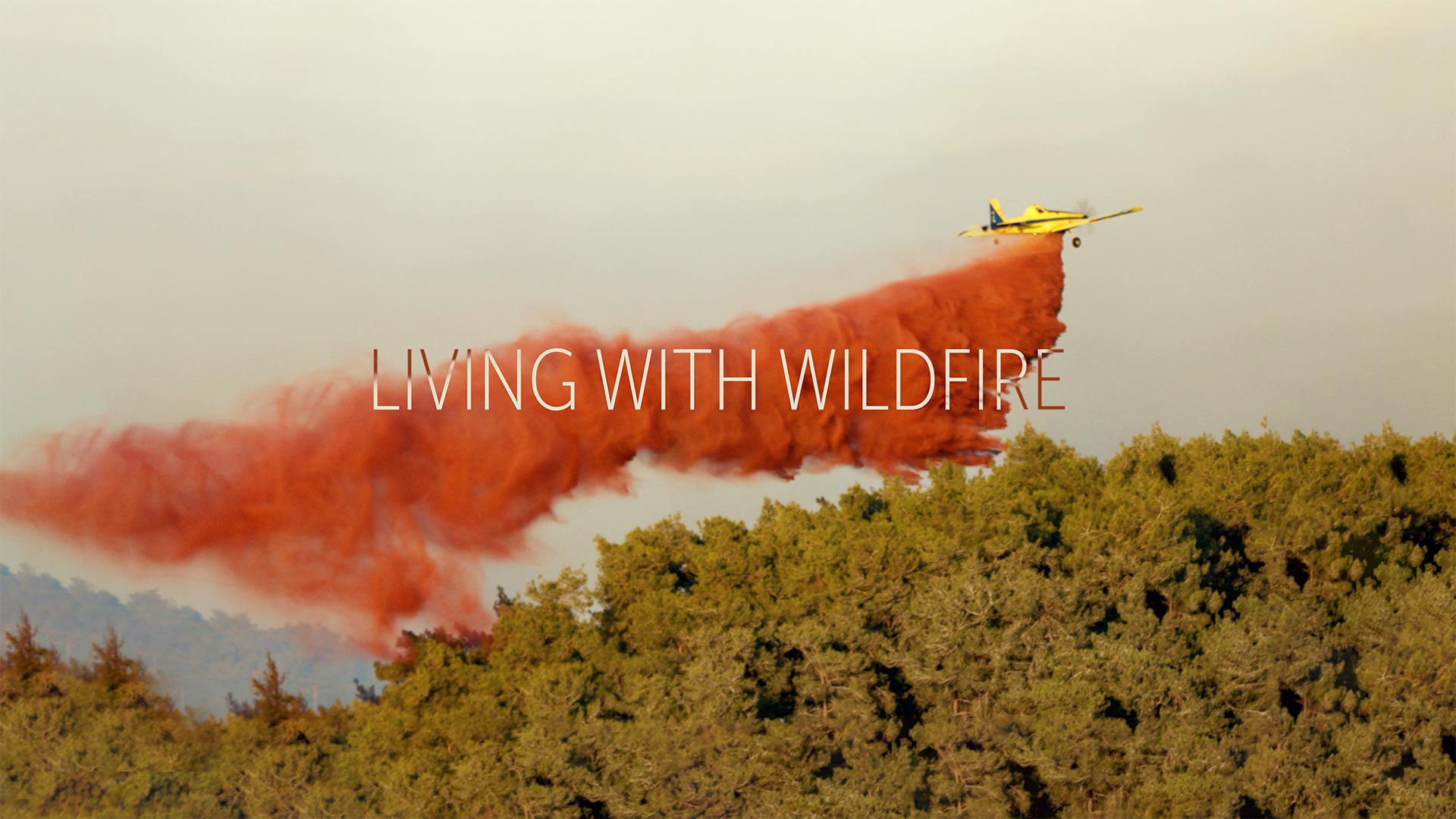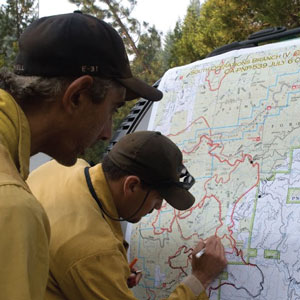-
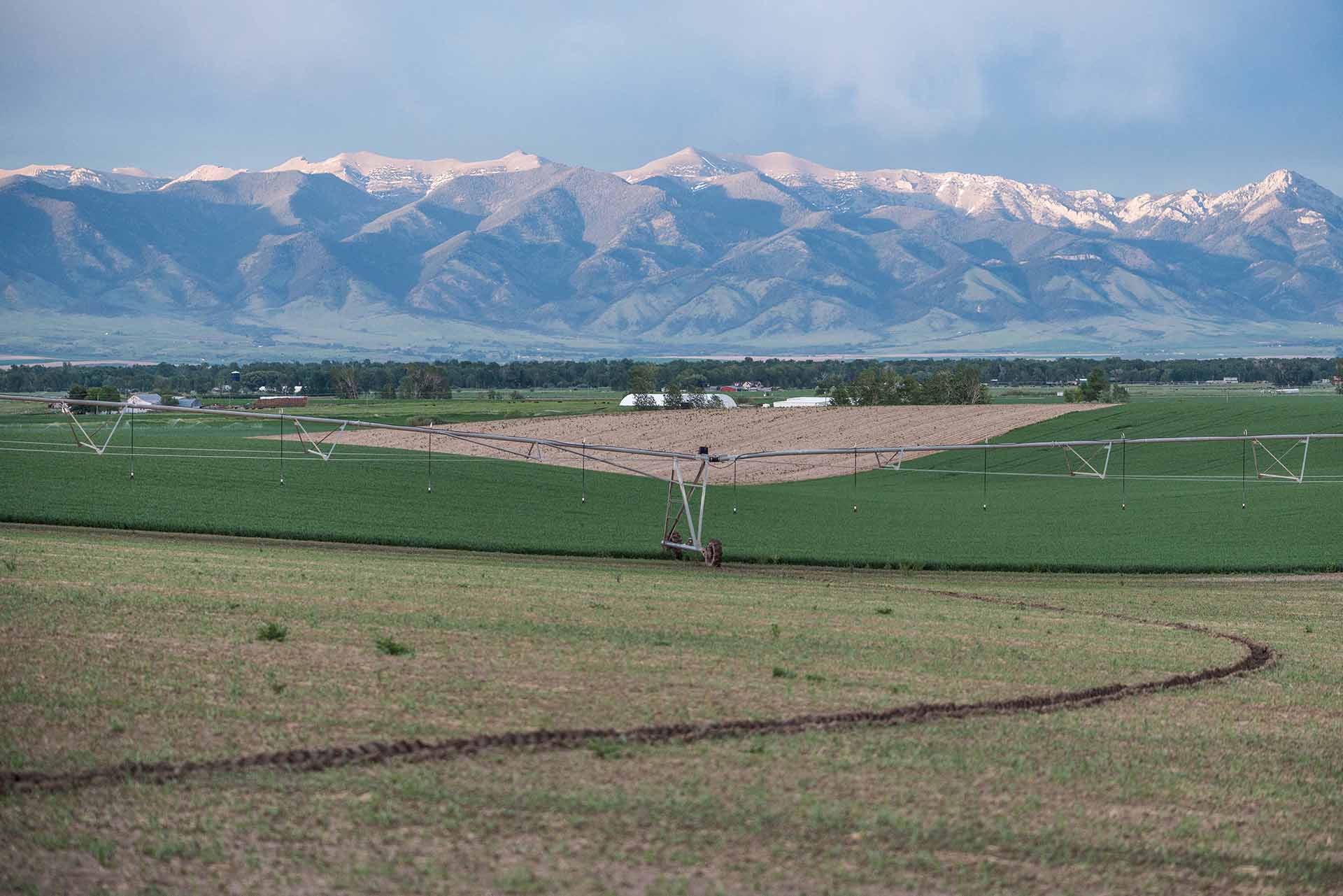
Detailed estimates of summer trail use help show the impacts of growing recreational use and highlight infrastructure needs in southwest Montana. Read more
-
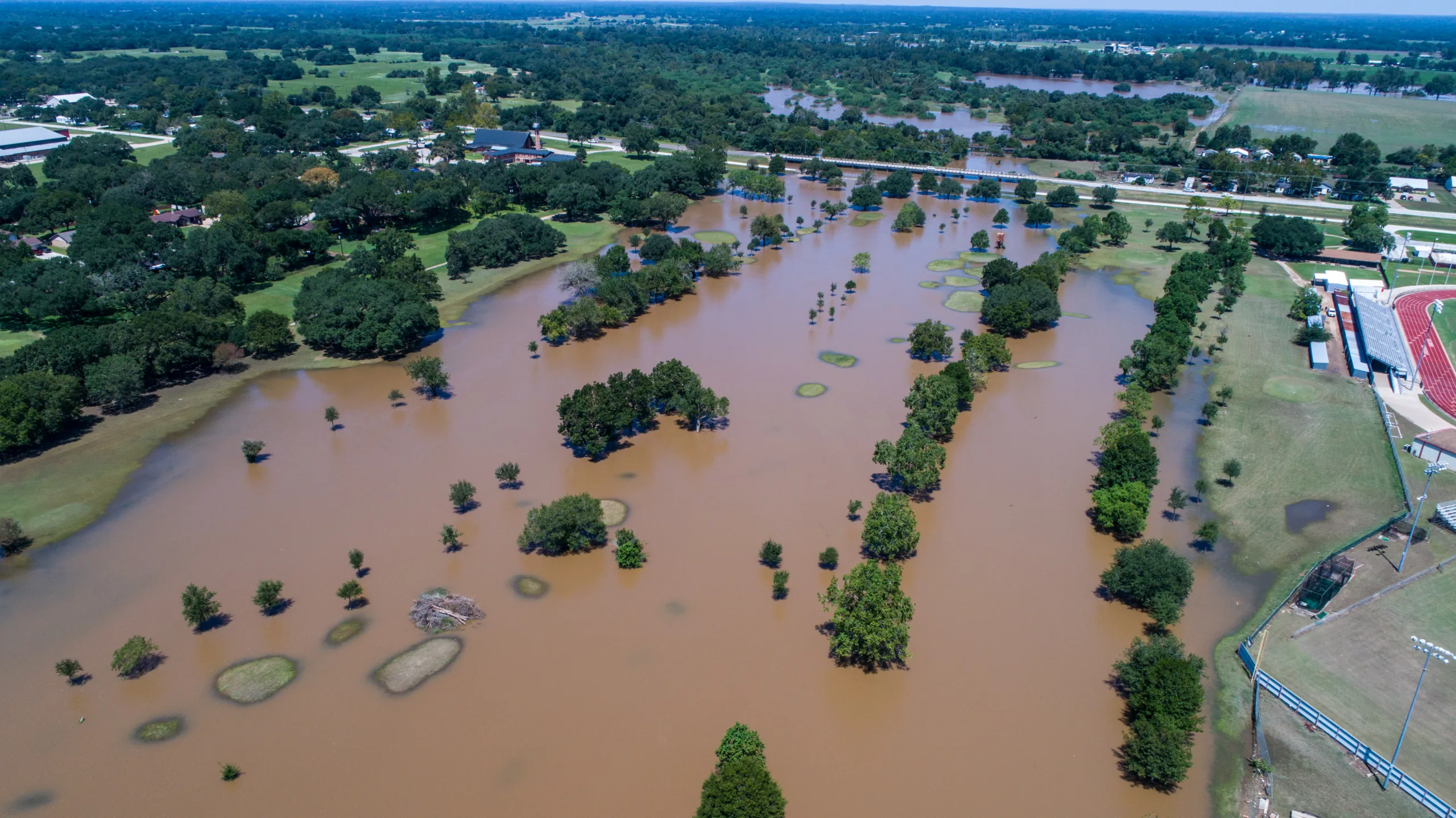
Benefit-cost analysis, required for many federal funding sources, puts smaller, rural, and low-income communities at a disadvantage. Read more
-
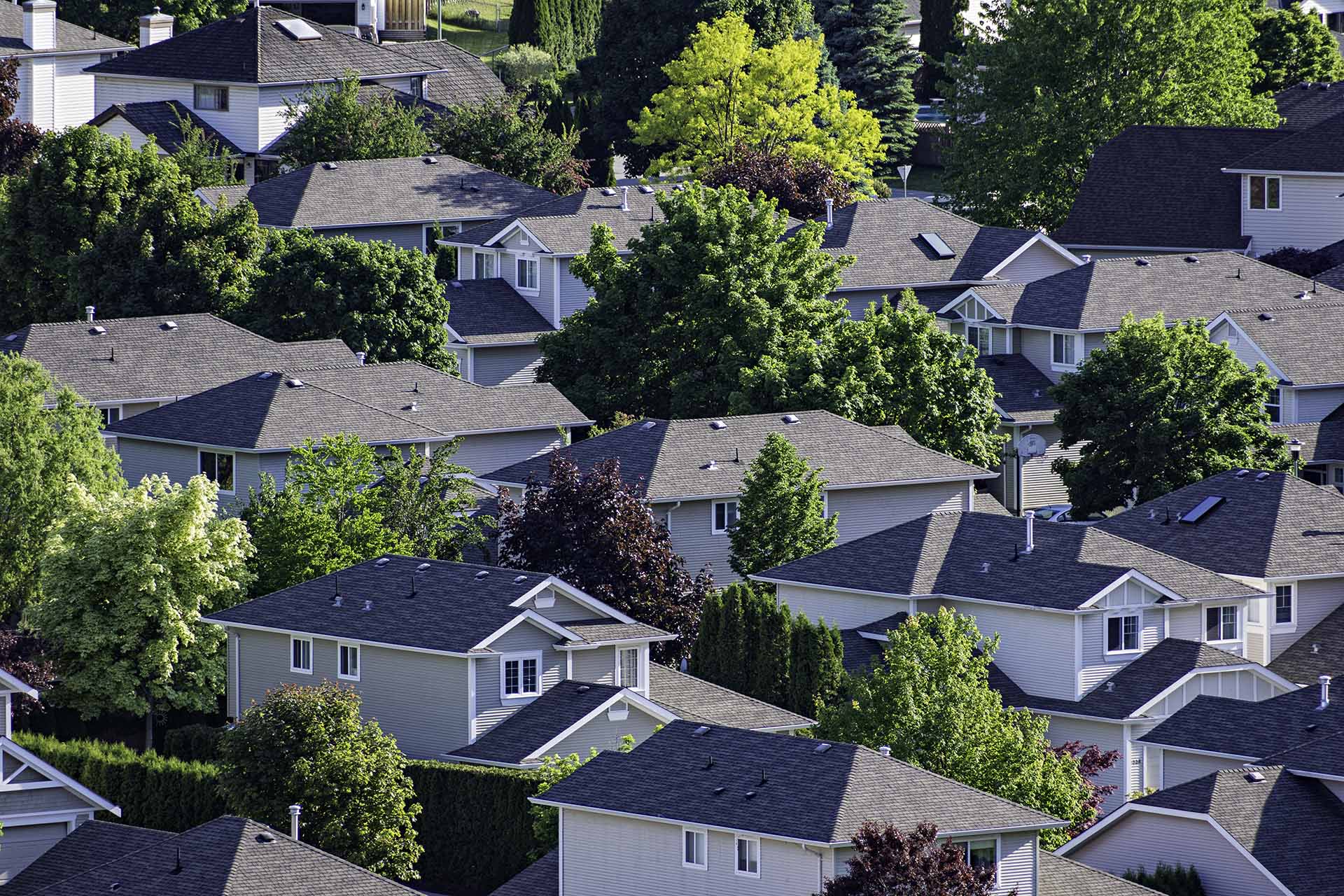
Unaffordable housing came to a head during the pandemic as communities across the country saw unprecedented rises in housing costs. Read more
-
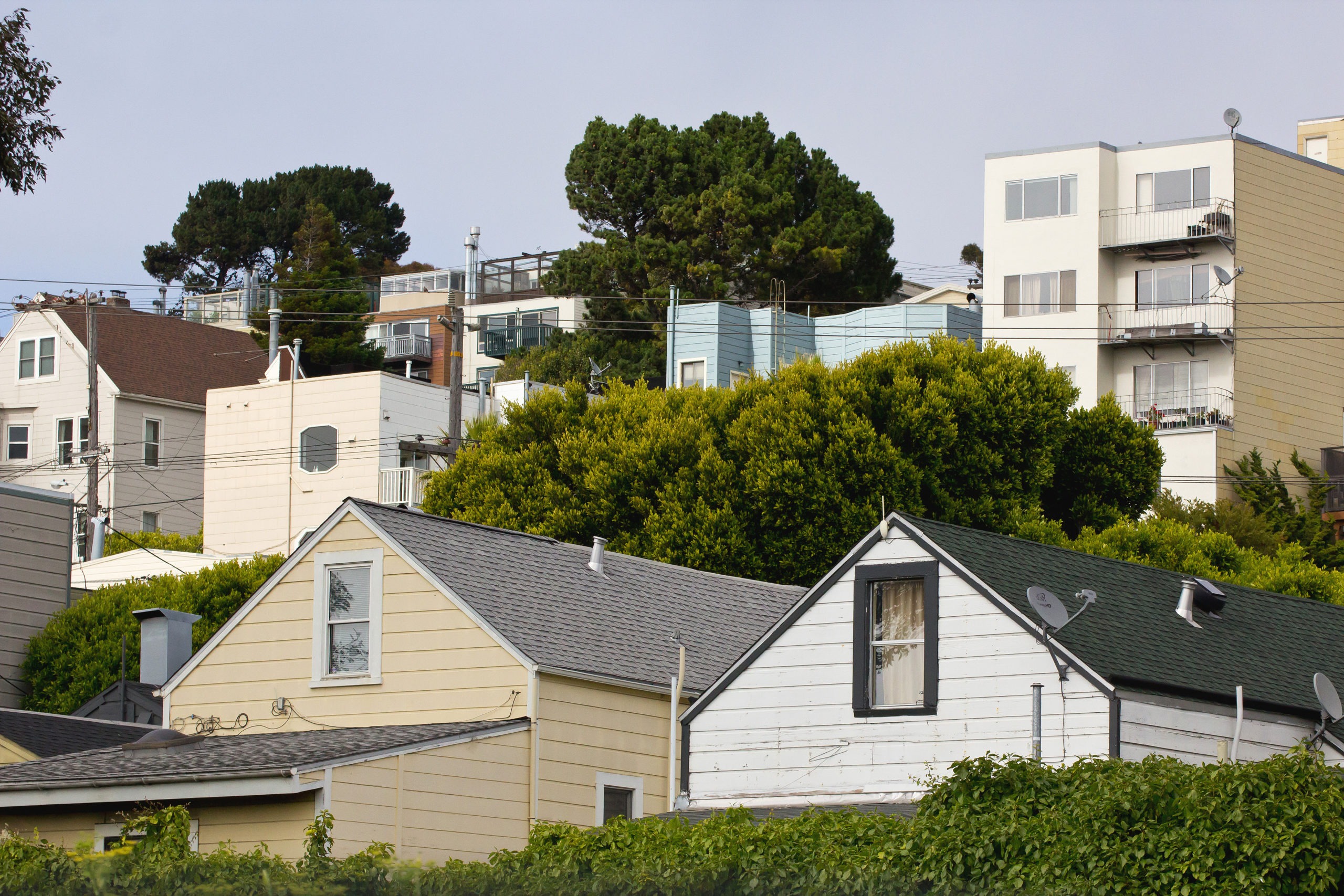
The unprecedented rise in housing prices since 2020 has affected renters more than homeowners—especially in places that were already unaffordable. Read more
-
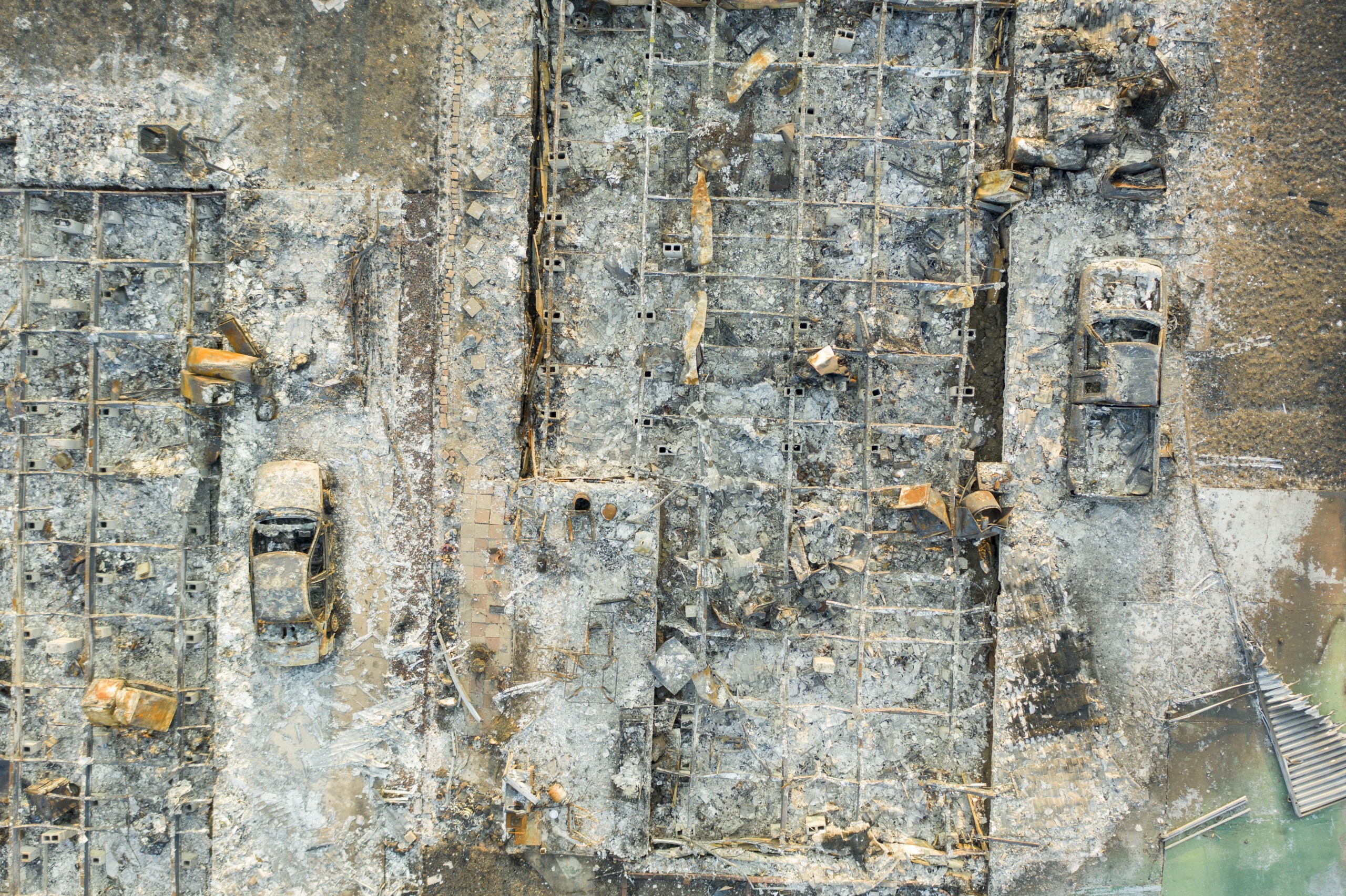
See where wildfire risk intersects social and economic factors that can make it difficult for people to prepare for, respond to, and recover from wildfire. Read more
-
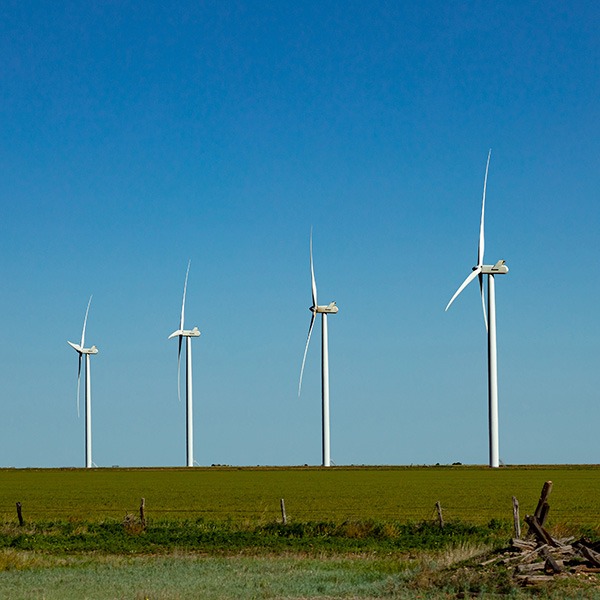
New activities can help guarantee and diversify future revenue from New Mexico state trust lands, complementing the successful Land Grant Permanent Fund. Read more
-
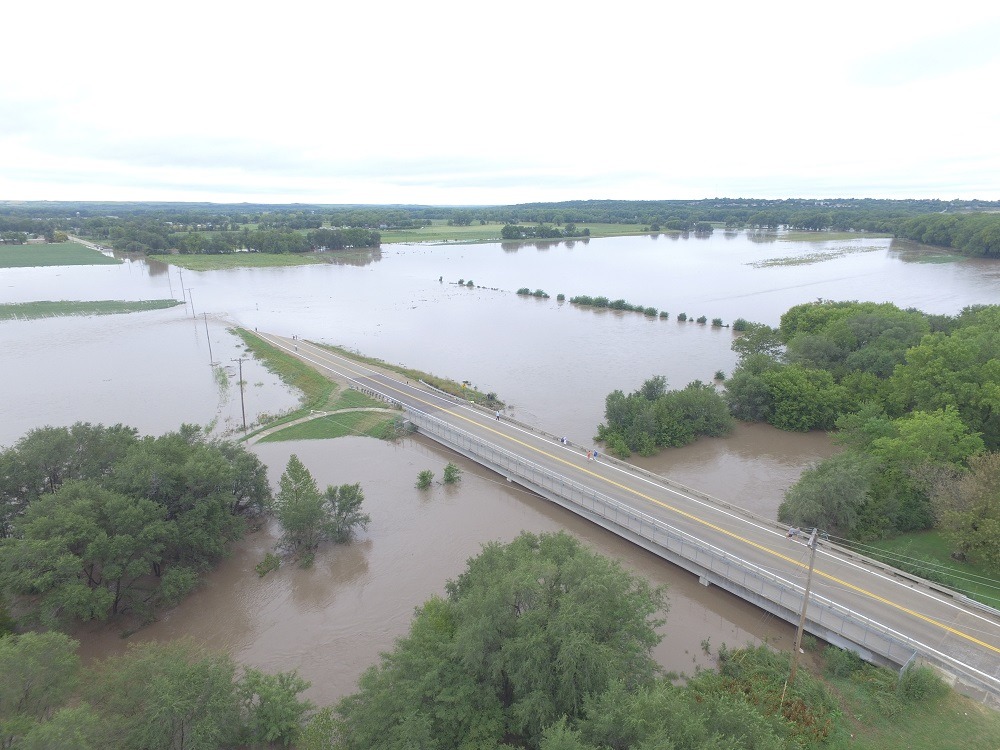
Rural and lower capacity communities failed to successfully compete for FEMA Building Resilient Infrastructure and Communities (BRIC) funding in FY 2020. Read more
-
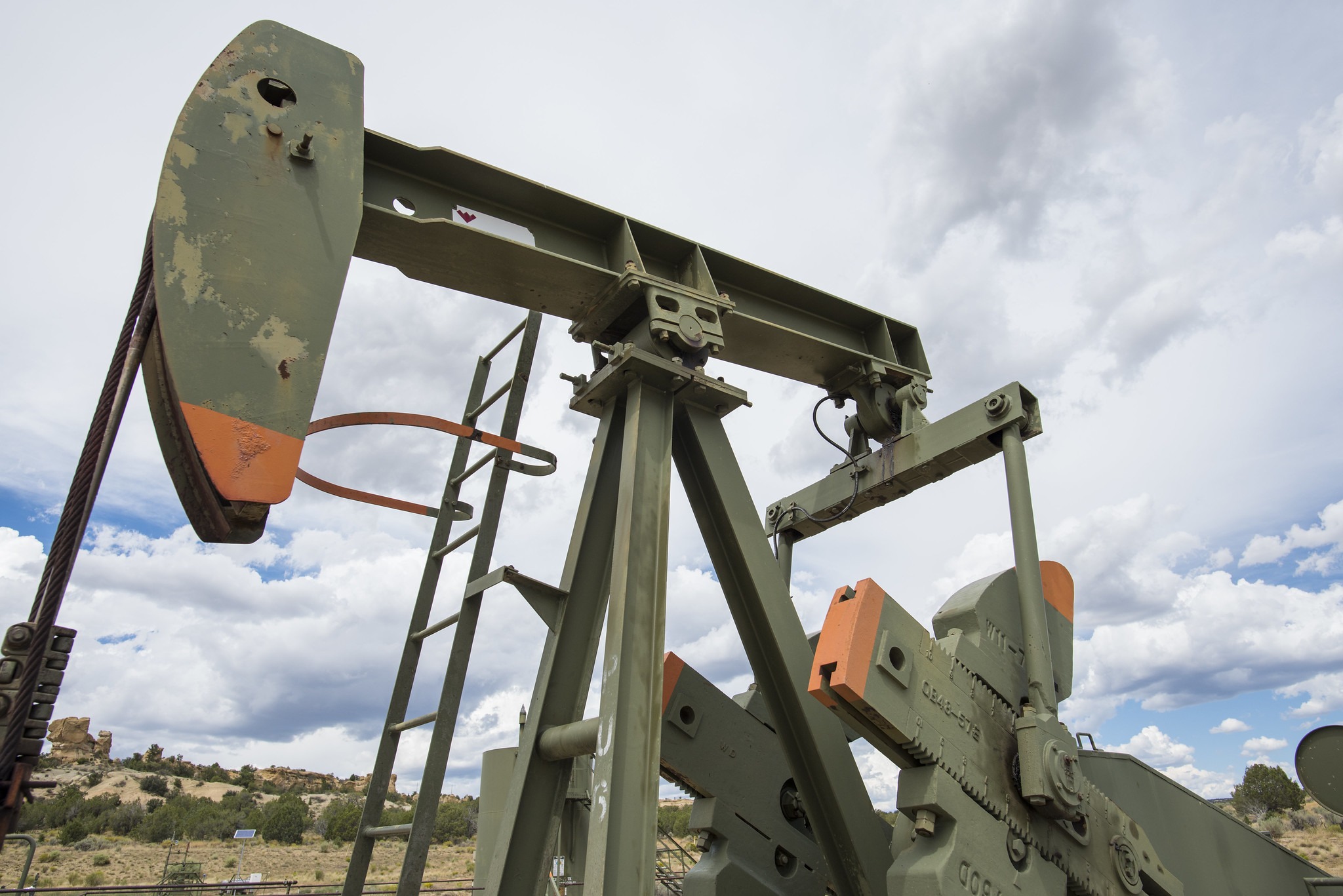
States tend to spend, rather than save, federal fossil fuel disbursements, potentially making them vulnerable to economic transitions. Read more
-
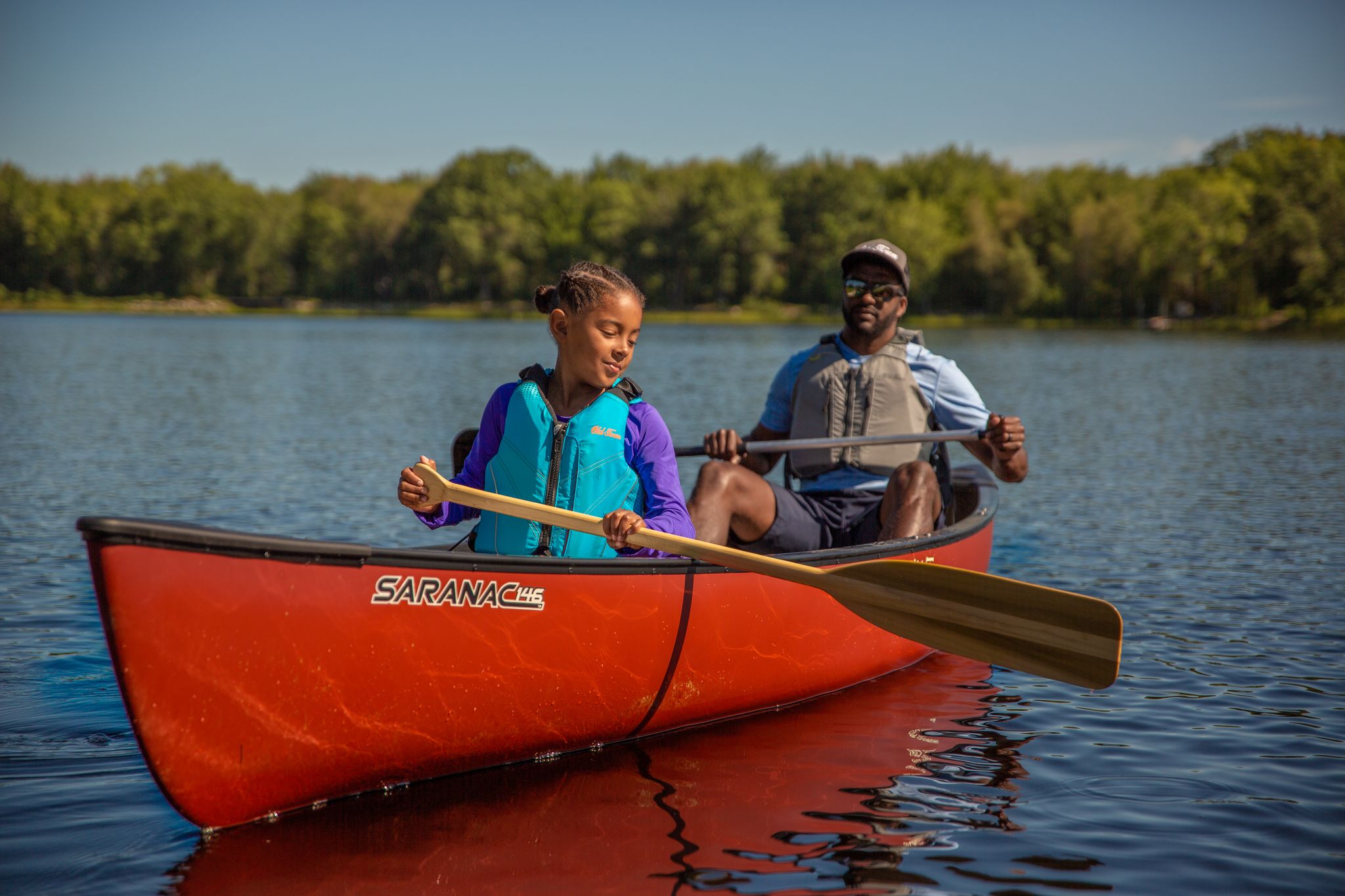
The outdoor recreation economy is strong, diverse, and growing, helping communities thrive. Read more
-
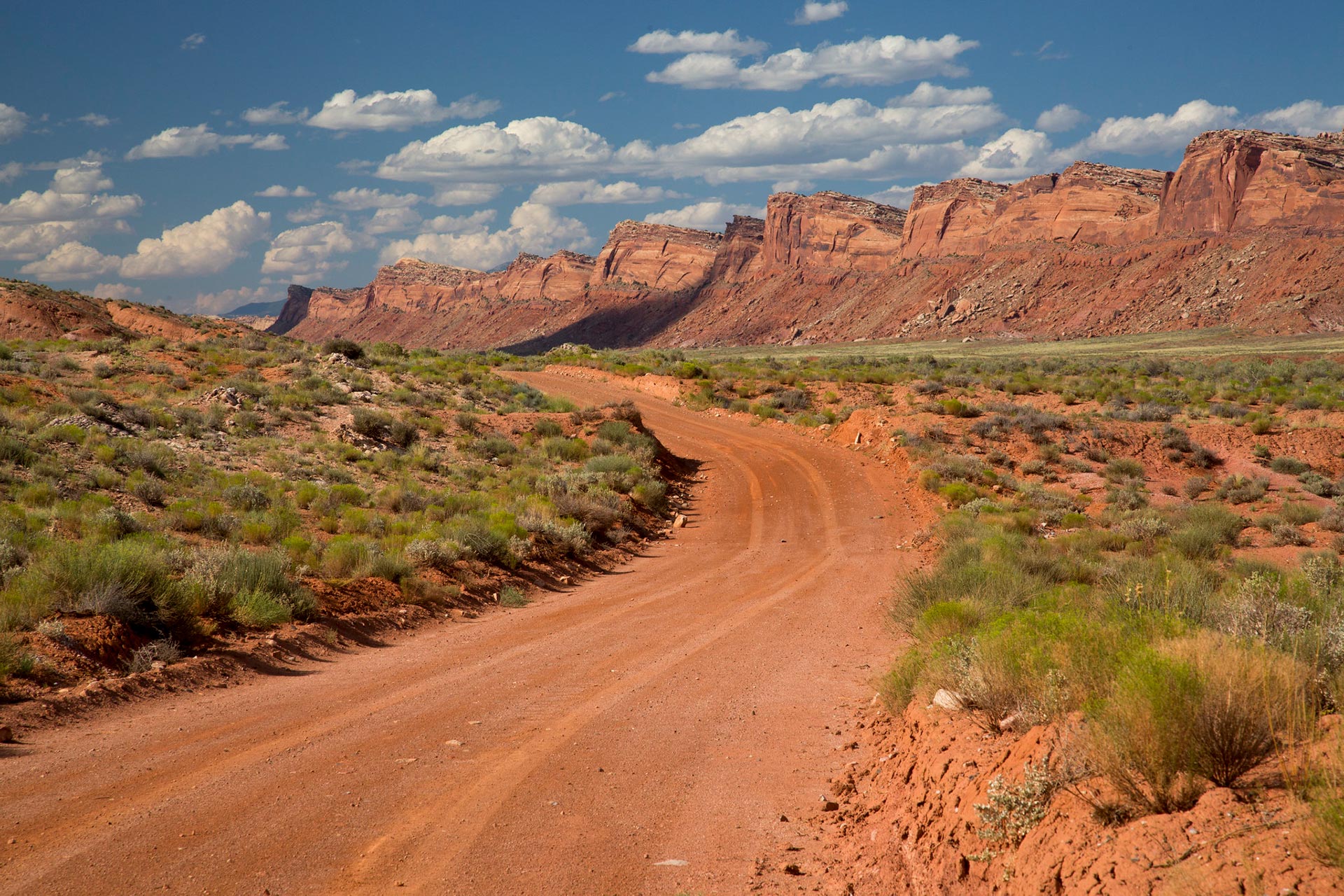
Recent studies find that national monument designations do not negatively impact local economic performance, and in many cases strengthen local economies. Read more
-
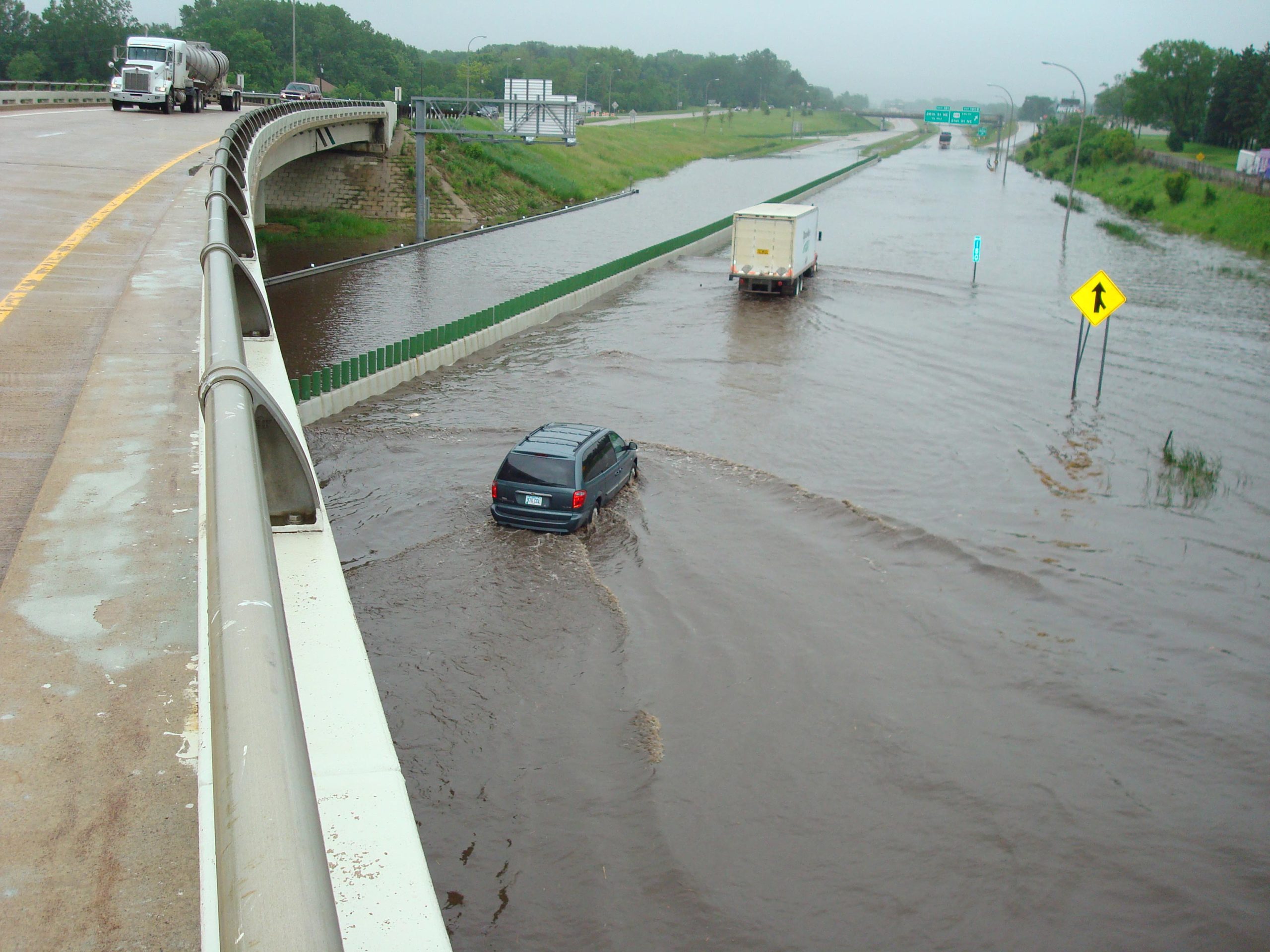
Climate change has the potential to destabilize general operating budgets and constrain access to lending markets. These presentations share promising solutions for “climate-proofing” budgets. Read more
-
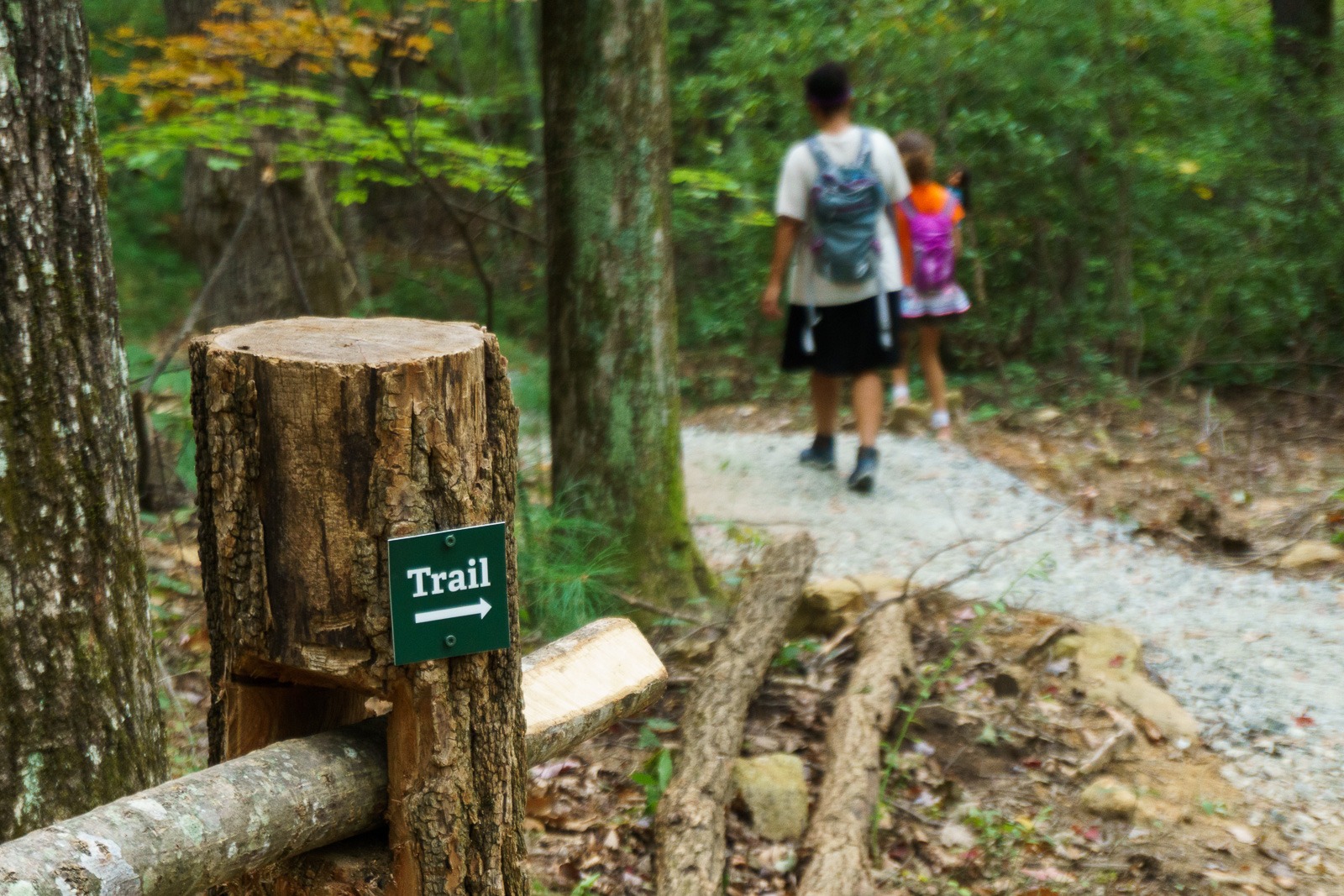
New data sources can change the way we count outdoor recreation, allowing trail managers to better advocate for improvements and plan for growing demand. Read more
-
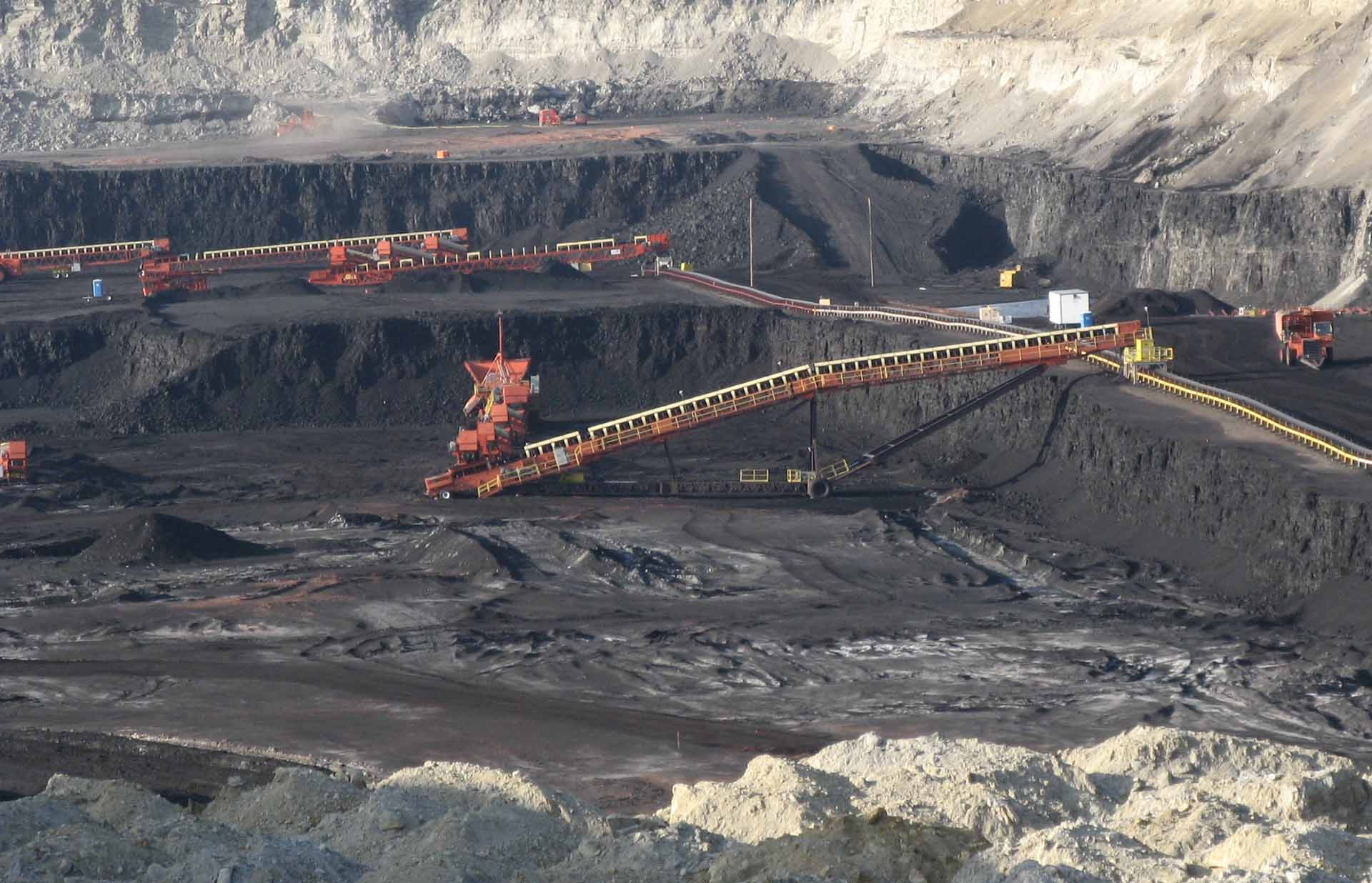
This panel discussion, with examples from Montana and New Mexico, examines how fiscal policies have failed rural communities. Read more
-
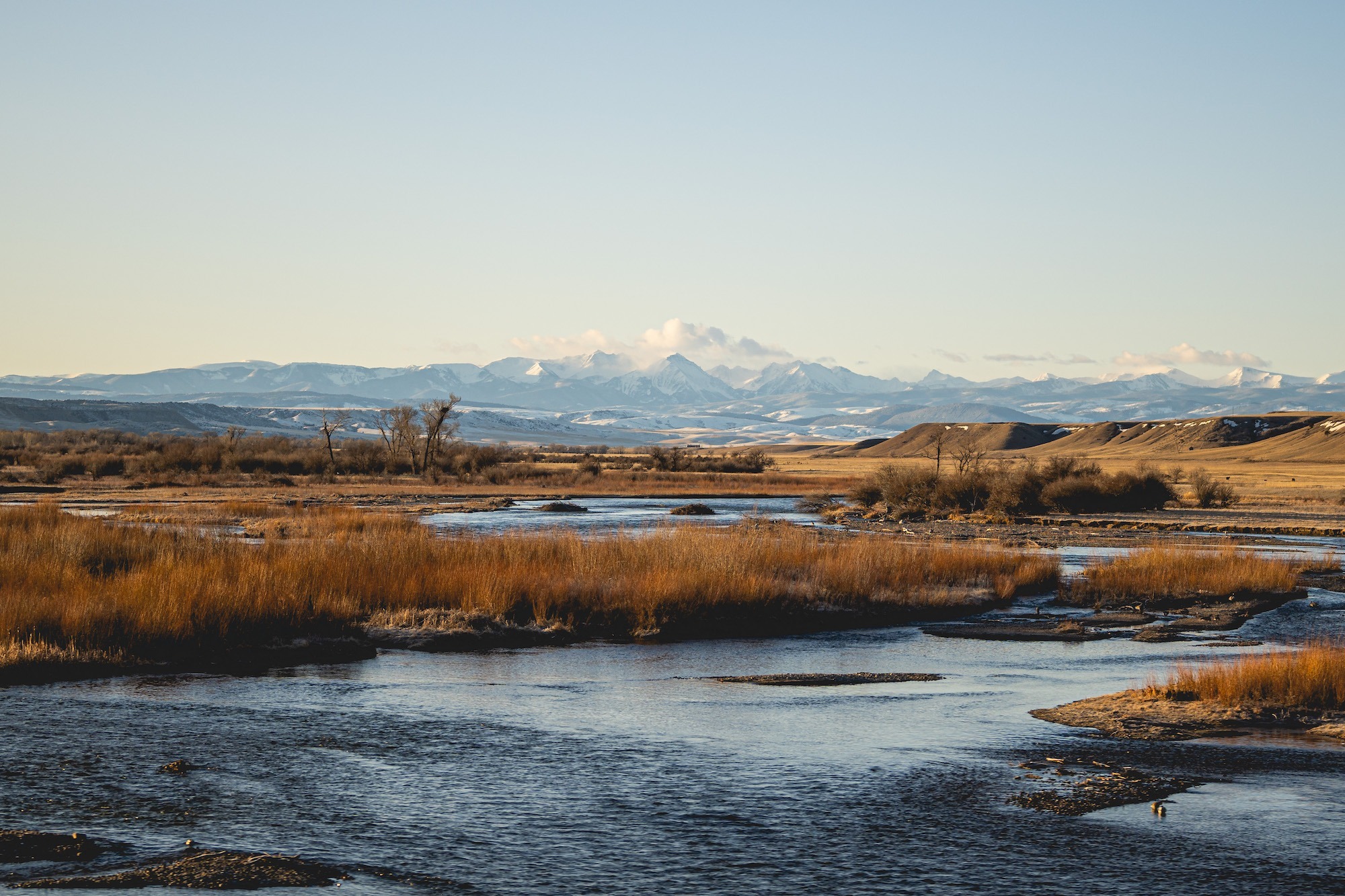
Flood risk is underestimated in the U.S., but better maps and data are not enough to help communities. They must be accompanied with resources to support local action. Read more
-
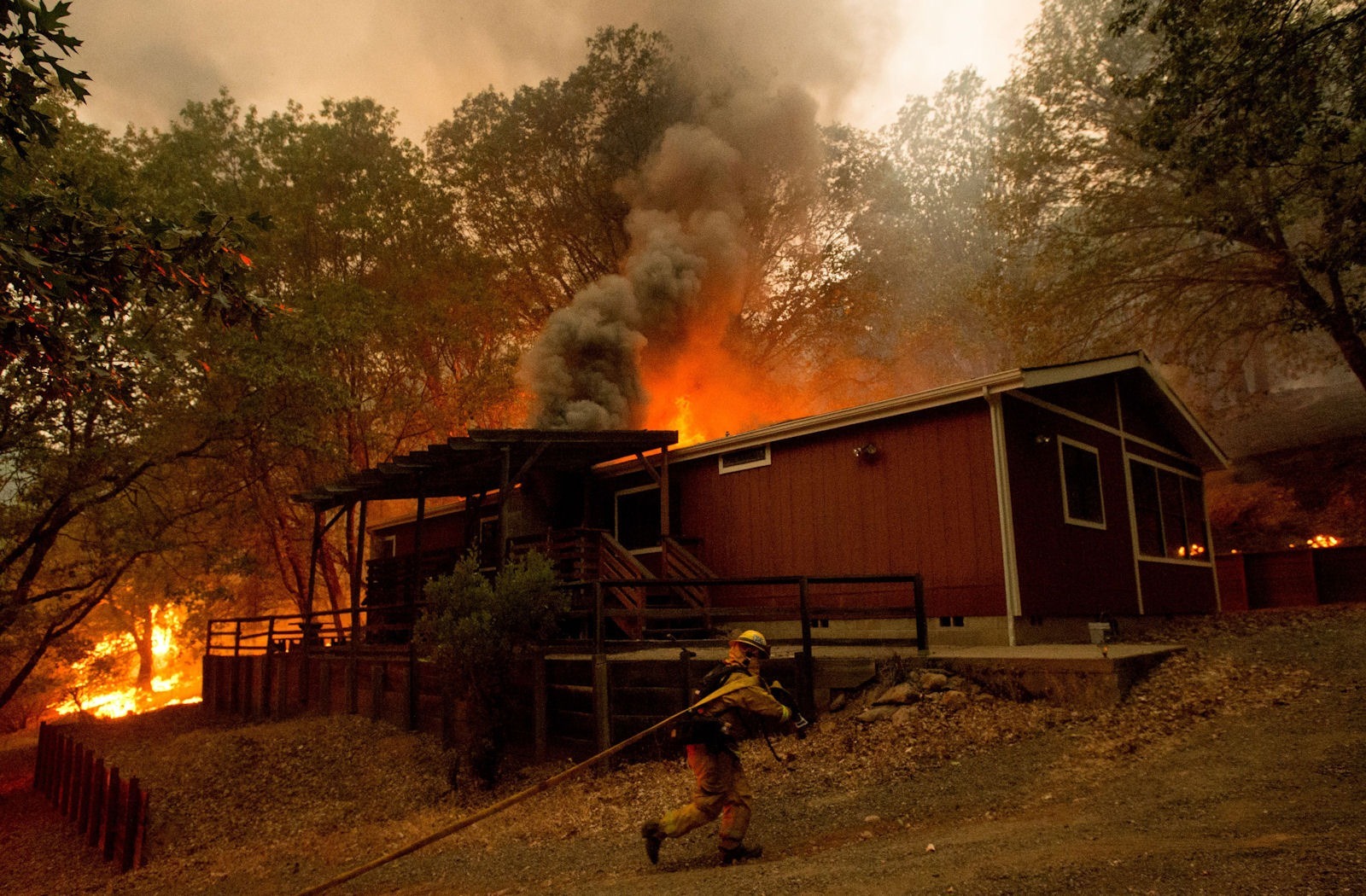
A new report in our Economic Profile System provides community-level data about wildfire hazard and potentially vulnerable populations. Read more
